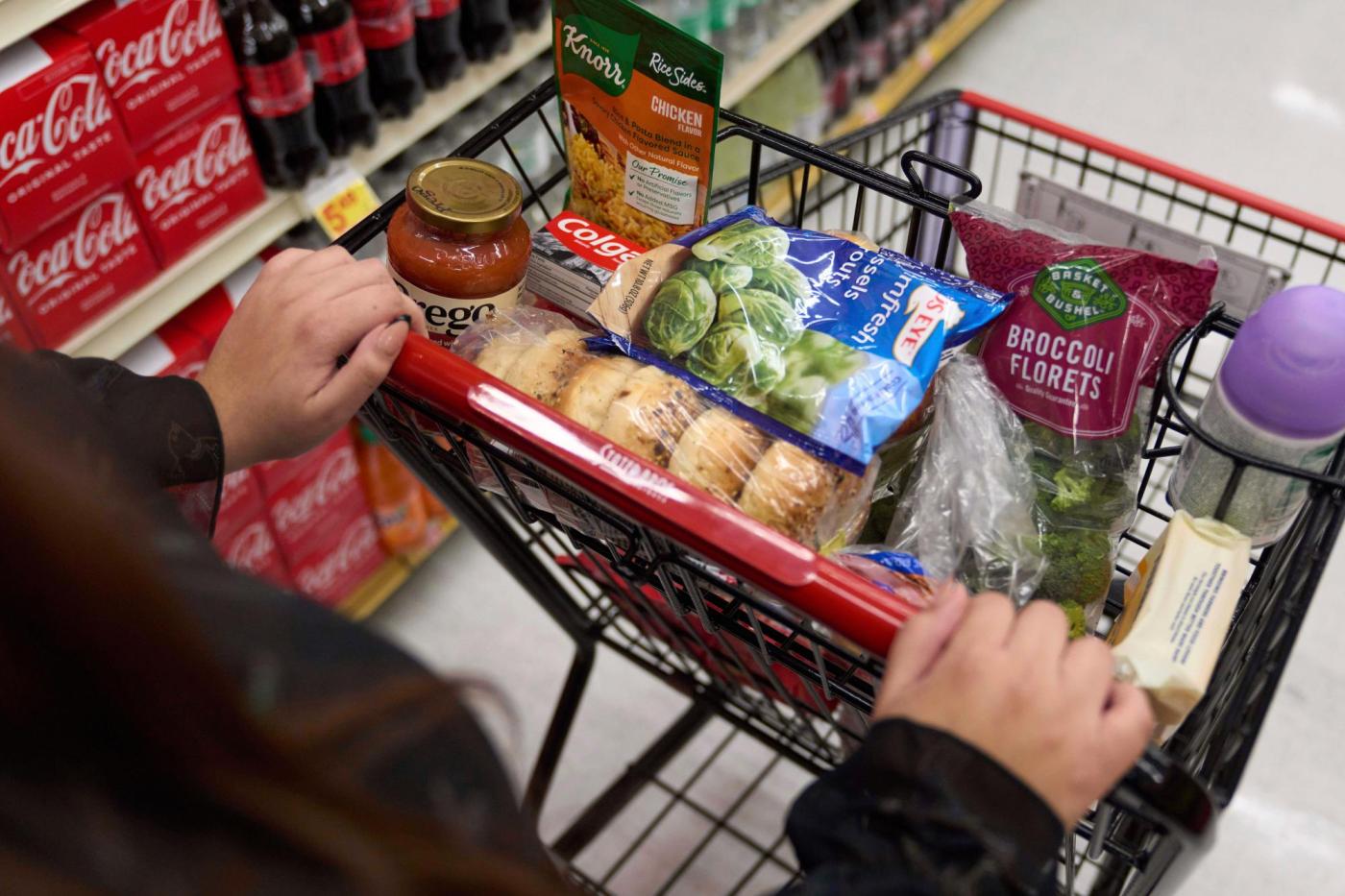Food assistance for approximately 1.4 million residents in Michigan will be delayed in November due to funding issues arising from the ongoing federal government shutdown. This development comes as officials from the Michigan Department of Health and Human Services (MDHHS) announced that the U.S. Department of Agriculture (USDA) has instructed the state to hold off on issuing November’s payments for the Supplemental Nutrition Assistance Program (SNAP).
In a communication sent during the fourth week of the shutdown, the USDA’s Food and Nutrition Service indicated that limited funds would be available to fully pay SNAP benefits for 42 million individuals nationwide. This program, which is crucial for many families, covers nearly 13% of households in Michigan, including 43% who have children, according to state data.
Elizabeth Hertel, director of the MDHHS, expressed strong disappointment regarding the USDA’s decision. She stated, “The impact of households losing SNAP benefits will be felt around the state. SNAP is more than a food assistance program; it’s a lifeline for many Michigan families.” Hertel emphasized that the program not only helps families access nutritious food but also supports local farmers and grocers, thus benefiting the broader community and economy.
During a press briefing, Agriculture Secretary Brooke Rollins noted that the program was projected to run out of funds by November 1, 2023. He highlighted the gravity of the situation, saying, “You’re talking about millions and millions of vulnerable families, of hungry families that are not going to have access to these programs because of this shutdown.” Rollins further criticized Democrats, suggesting they prioritized political agendas over food security for American families, calling it “shameful.”
Several other states, including Texas, Pennsylvania, New York, and Minnesota, have also warned of potential delays in SNAP payments. While the program is federally funded, it is administered by state agencies. Some states have halted new SNAP enrollments; however, officials in Michigan confirmed they would continue to process applications, redeterminations, and case changes during this period.
The uncertainty surrounding the duration of the SNAP payment delays remains a pressing concern. Last year, the program contributed over $3 billion to Michigan’s economy, with benefits typically disbursed between the 1st and 21st of each month based on recipients’ Social Security numbers. On average, households in Michigan received $335 per month in SNAP benefits, equating to $173 per person monthly, or $5.68 per person daily, according to MDHHS statistics. Participants utilize prepaid cards for grocery purchases.
Although SNAP maintains a contingency fund of approximately $6 billion, November benefits are estimated to total around $8 billion, presenting a significant shortfall. Earlier in October, the White House allocated $300 million to the Special Supplemental Nutrition Program for Women, Infants, and Children to help sustain the program through the end of the month.
As Michigan families await clarity on their SNAP benefits, the impact of these delays is poised to reverberate throughout the state, affecting food security and economic stability for many vulnerable residents.




































































